 BANGKOK, Sept 19: Thailand’s army commander wrested power from Prime Minister Thaksin Shinawatra, sending tanks and troops into the streets of the Thai capital and declaring martial law on Tuesday.
BANGKOK, Sept 19: Thailand’s army commander wrested power from Prime Minister Thaksin Shinawatra, sending tanks and troops into the streets of the Thai capital and declaring martial law on Tuesday.
An announcement on national television, signed by Commander-in-Chief Gen Sondhi Boonyaratkalin, said martial law had been declared across Thailand and the constitution revoked. He ordered the troops to report to their duty stations and not leave without permission from their commanders.
Gen Boonyaratkalin’s troops struck while Prime Minister Thaksin was abroad, circling his offices with tanks, seizing control of television stations and declaring a provisional authority loyal to the king.
The announcement declared that a Council of Administrative Reform with King Bhumibol Adulyadej as head of the state had seized power in Bangkok and nearby provinces without any resistance.
A senior army general, speaking on condition of anonymity, said the chiefs of the army, navy and air force were meeting with the king to discuss the formation off an interim government, suggesting it would probably be led by civilians.
The coup, apparently bloodless, was the first overt military intervention in the Thai political scene since 1992 when an attempt by the then prime minister Suchinda Kraprayoon, a military general, to retain power was countered by mass street demonstrations which led to his ouster.
After the incident, the military vowed to remain in the barracks in contrast to earlier decades when military coups were a staple of Thai politics.
Gen Boonyaratkalin, a Muslim in this Buddhist-dominated country, is known to be close to Thailand’s revered constitutional monarch.
Army spokesman Col Akara Chitroj told reporters that Deputy Prime Minister Chitchai Wannasathit had been removed from his post.
“The government is no longer administering the country,” he said.
“I think Thaksin will not return to Thailand for the time being,” he said, without elaborating what would happen if he returned.
Akara didn’t elaborate on Mr Wannasathit’s fate, but the general said the coup makers had arrested him with Defence Minister Thammarak Isaragura na Ayuthaya, two close loyalists of Mr Thaksin.
In a vain attempt to stave off the coup, Mr Thaksin had ordered Gen Boonyaratkalin to report to Mr Wannasathit immediately, effectively dismissing him from his military duties. Mr Thaksin told of his move when he declared a state of emergency in Bangkok at 9:15pm, when he spoke on TV Channel 9 by audio from New York, where he was attending the UN General Assembly. At least 14 tanks surrounded Government House, Mr Thaksin’s office.
The move came a day before a major rally — the first in several months — was to be staged in Bangkok by an anti-Thaksin coalition that has been seeking his resignation for alleged corruption and abuse of power.
Mass street protests demanding Mr Thaksin’s ouster began late last year, resulting in a political crisis that has dragged on for months. In recent days, Mr Thaksin had hinted that he might leave the political scene.
Recently, Mr Thaksin alienated a segment of the military by claiming senior officers had tried to assassinate him in a failed bombing attempt. He also attempted to remove officers loyal to Gen Sondhi from key positions.
Several hundred soldiers were deployed at key points in the capital of Bangkok, including government installations and major intersections, witnesses said.
Former prime minister and a member of the opposition Democrat Party, Chuan Leekpai, said Mr Thaksin had forced the military to act.
“As politicians, we do not support any kind of coup but during the past five years, the government of Mr Thaksin created several conditions that forced the military to stage the coup. Mr Thaksin has caused the crisis in the country,” he told The Associated Press.
In Washington, the State Department said: “We are monitoring developments closely, but the situation at the moment is unclear.”
“We look to the Thai people to resolve their political differences in a peaceful manner and in accord with the principles of democracy and the rule of law,” Kenneth Bailes, a spokesman, said.—AP

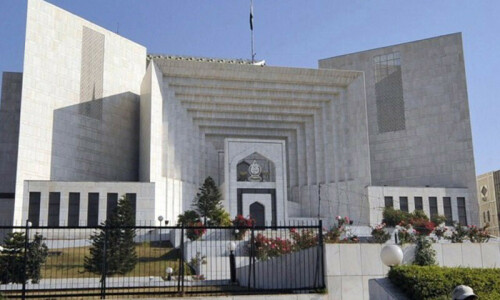













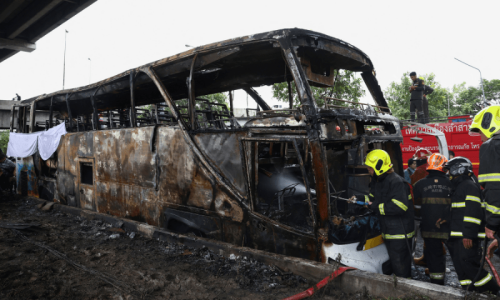
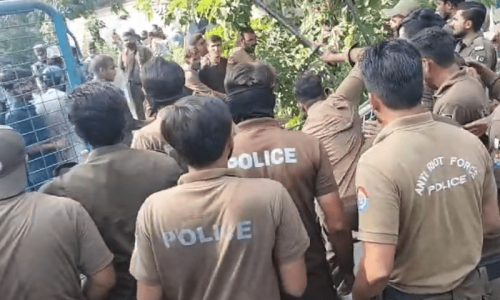
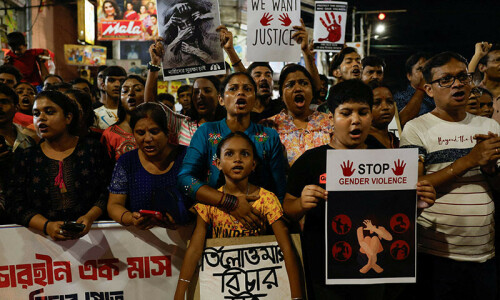
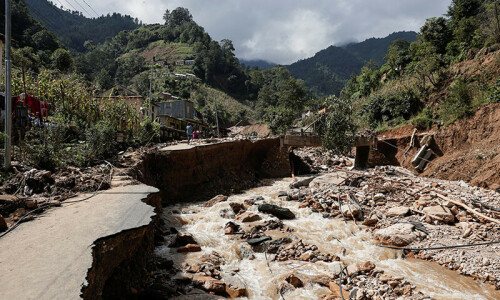















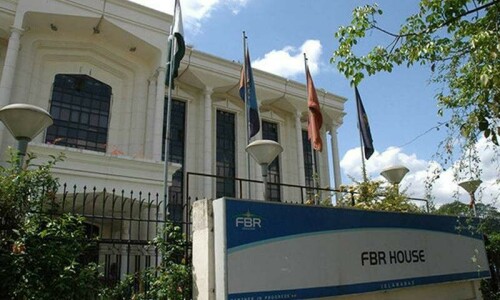



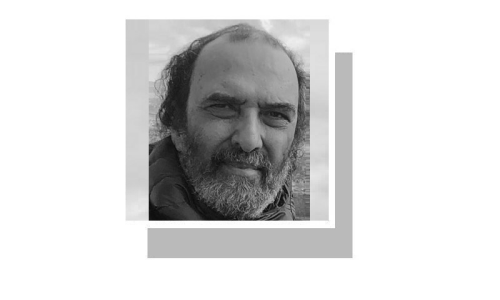
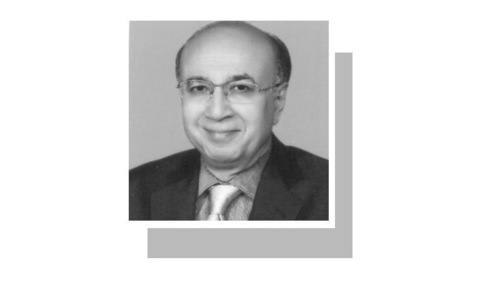
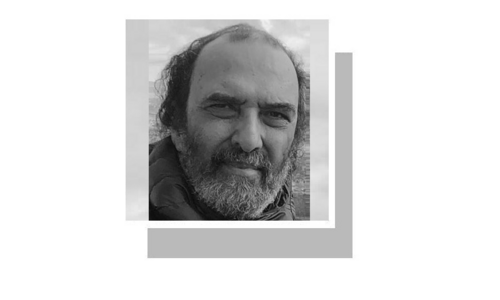
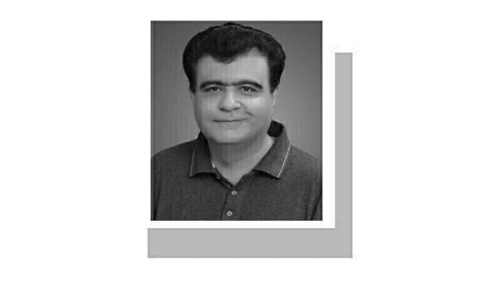
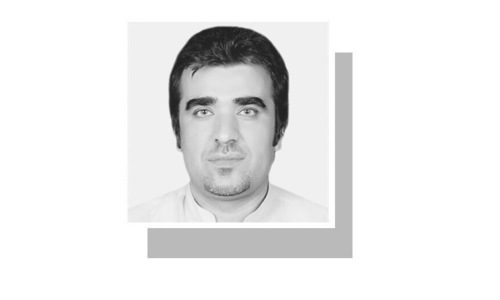




Dear visitor, the comments section is undergoing an overhaul and will return soon.